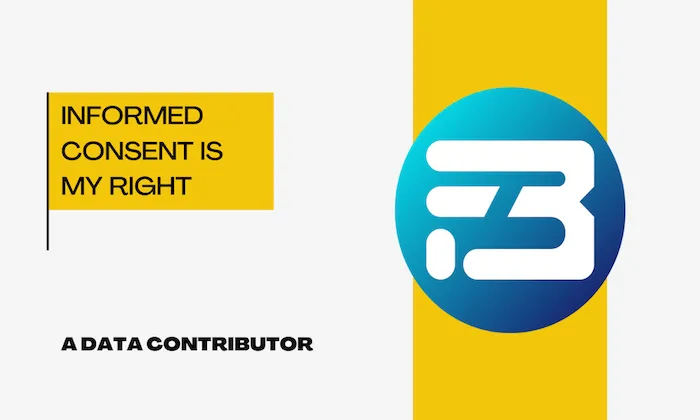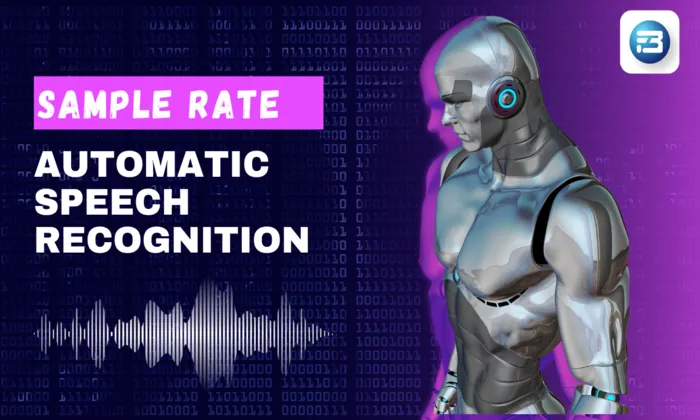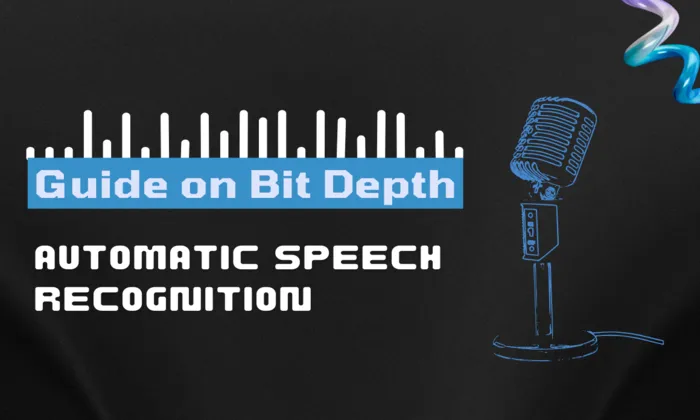What is the cost and timeline for a custom in-car dataset collection project?
Dataset Collection
Automotive AI
Project Planning
Creating a custom in-car speech dataset collection project is a complex venture that demands strategic planning, execution, and resource management. As AI models increasingly underpin automotive advancements like voice recognition and in-car assistance, understanding the cost and timeline of these projects is crucial for AI engineers, researchers, and product managers at AI-first companies.
Why This Metric Matters
The cost and timeline for a custom in-car dataset collection project significantly influence the success of AI initiatives. With the automotive industry's shift towards autonomous technologies, high-quality speech datasets are indispensable. They allow for the development of robust models that enhance functionalities such as voice-enabled infotainment, emotion detection, and driver assistance systems.
What Drives Costs in Custom Data Collection?
Scope of Collection:
- Custom datasets can range from tens to thousands of hours of audio, affecting costs significantly.
- The complexity of scenarios, such as urban or rural driving, impacts the financial outlay.
Data Collection Methodology:
- Using platforms like Yugo for crowd-sourced data can lower costs but may necessitate additional quality assurance resources.
- In-house collection by professionals usually involves higher initial costs but ensures more controlled conditions.
Recording Conditions:
- Simulating diverse acoustic environments (e.g., road noise, engine hum, music) can increase costs.
- Recruiting a diverse range of speakers regarding age, gender, and language adds to the expense.
Annotation and Quality Assurance:
- High-quality audio annotation is vital, with costs accumulating from transcription, intent tagging, and noise labeling.
- A robust quality control pipeline ensures data meets standards, potentially requiring extra personnel or tools.
Licensing and Compliance:
- Licensing fees vary based on usage (commercial versus research).
- Compliance with data privacy laws (such as GDPR) can lead to legal costs and require stringent data handling measures.
Cost and Timeline Overview
- Small-Scale Projects: $20,000 - $50,000
- Collecting 50-100 hours from a limited demographic.
- Medium-Scale Projects: $100,000 - $250,000
- 200-500 hours across varied environments and demographics.
- Large-Scale Projects: $500,000+
- 1,000+ hours with extensive annotation and quality control.
Timeline Expectations
- Planning Phase: 2-4 weeks: Define project scope, identify target demographics, and develop protocols.
- Data Collection: 1-3 months: Recruit participants, conduct recordings, and manage logistics.
- Data Annotation: 2-6 weeks: Time varies based on annotation complexity and volume.
- Quality Assurance: 2-4 weeks: Ensure the dataset meets specifications and correct any issues.
- Integration and Testing: 1 month: Integrate datasets into training pipelines, ensuring performance.
Overall, a comprehensive project can take 3 to 6 months from inception to completion.
Best Practices for Success
- Define Clear Objectives: Establish specific dataset goals to guide the project.
- Diversity is Key: A broad range of speakers and scenarios enhances model robustness.
- Invest in Quality Annotation: Accurate annotations are crucial for training efficacy.
- Utilize Technology Wisely: Platforms that support data collection and annotation can save time and reduce costs.
Long-term Dataset Maintenance
Post-collection, datasets require maintenance and iterative improvement. Regular updates and expansions are necessary to ensure datasets remain relevant and effective, especially as regulations and AI capabilities evolve. This ongoing process helps maintain the performance and reliability of AI models in real-world applications.
Real-World Use Case
A luxury electric vehicle brand successfully implemented a multilingual voice assistant by collecting 500 hours of spontaneous in-car speech. Using a mix of crowd-sourced and in-house data collection, they significantly improved voice recognition capabilities, demonstrating a substantial ROI from tailored data solutions.
Recommended Next Steps
To successfully execute a custom in-car dataset project, understanding the associated costs and timelines is crucial. FutureBeeAI offers tailored dataset solutions that elevate AI initiatives, whether you're developing new automotive features or optimizing existing systems. Reach out to explore how we can support your data journey with precision and expertise.
What Else Do People Ask?
Related AI Articles
Browse Matching Datasets
Acquiring high-quality AI datasets has never been easier!!!
Get in touch with our AI data expert now!








